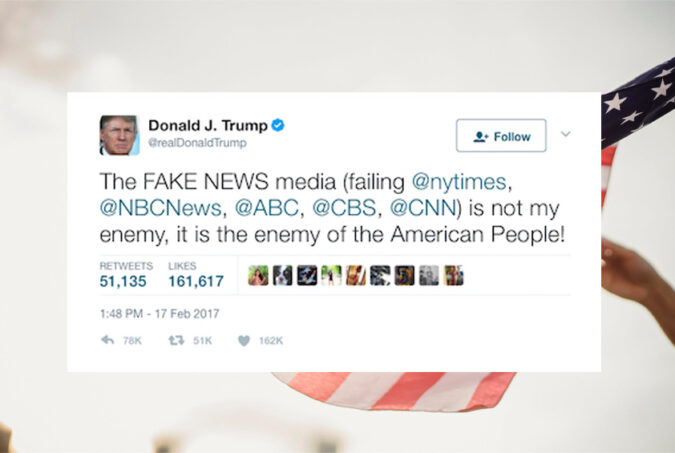
To what extent is the traditional media influenced by politicians’ Twitter posts? [Original Tweet]
The information provided in the traditional media is of fundamental importance for the policy-making process, signalling which issues are gaining traction, which are falling out of favour, and introducing entirely new problems for the public to digest. But the monopoly of the traditional media as a vehicle for disseminating information about the policy agenda is being superseded by social media, with Twitter in particular used by politicians to influence traditional news content. In their Policy & Internet article, “Politicians and the Policy Agenda: Does Use of Twitter by the U.S. Congress Direct New York Times Content?” Matthew A. Shapiro and Libby Hemphill examine the extent to which he traditional media is influenced by politicians’ Twitter posts. They draw on indexing theory, which states that media coverage and framing of key policy issues will tend to track elite debate. To understand why the newspaper covers an issue and predict the daily New York Times content, it is modelled as a function of all of the previous day’s policy issue areas as well as all of the previous day’s Twitter posts about all of the policy issue areas by Democrats and Republicans. They ask to what extent are the agenda-setting efforts of members of Congress acknowledged by the traditional media; what, if any, the advantages are for one party over the other, measured by the traditional media’s increased attention; and whether there is any variance across different policy issue areas? They find that Twitter is a legitimate political communication vehicle for US officials, that journalists consider Twitter when crafting their coverage, and that Twitter-based announcements by members of Congress are a valid substitute for the traditional communiqué in journalism, particularly for issues related to immigration and marginalised groups, and issues related to the economy and health care. We caught up with the authors to discuss their findings: Ed.: Can you give a quick outline of media indexing theory? Does it basically say…
